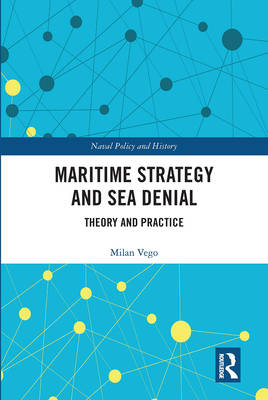
- Retrait gratuit dans votre magasin Club
- 7.000.000 titres dans notre catalogue
- Payer en toute sécurité
- Toujours un magasin près de chez vous
- Retrait gratuit dans votre magasin Club
- 7.000.0000 titres dans notre catalogue
- Payer en toute sécurité
- Toujours un magasin près de chez vous
Description
This book focuses on the theory and practice of maritime strategy and operations by the weaker powers at sea.
Illustrated by examples from naval and military history, the book explains and analyzes the strategies of the weaker side at sea in both peacetime and wartime; in defense versus offense; the main prerequisites for disputing control of the sea; and the conceptual framework of disputing control of the sea. It also explains and analyzes in some detail the main methods of disputing sea control - avoiding/seeking decisive encounters, weakening enemy naval forces over time, counter-containment of enemy naval forces, destroying the enemy's military-economic potential at sea, attacks on the enemy coast, defense of the coast, defense/capturing important positions/basing areas, and defense/capturing of a choke point. A majority of the world's navies are currently of small or medium-size. In the case of a war with a much stronger opponent, they would be strategically on the defensive, and their main objective then would be to dispute control of the sea by a stronger side at sea. This book provides a practical guide to such a strategy.
This book would be of much interest to students of naval power, maritime security, strategic studies and military/naval history.
Spécifications
Parties prenantes
- Auteur(s) :
- Editeur:
Contenu
- Nombre de pages :
- 348
- Langue:
- Anglais
- Collection :
Caractéristiques
- EAN:
- 9780367663261
- Date de parution :
- 30-09-20
- Format:
- Livre broché
- Format numérique:
- Trade paperback (VS)
- Dimensions :
- 152 mm x 231 mm
- Poids :
- 589 g

Les avis
Nous publions uniquement les avis qui respectent les conditions requises. Consultez nos conditions pour les avis.






